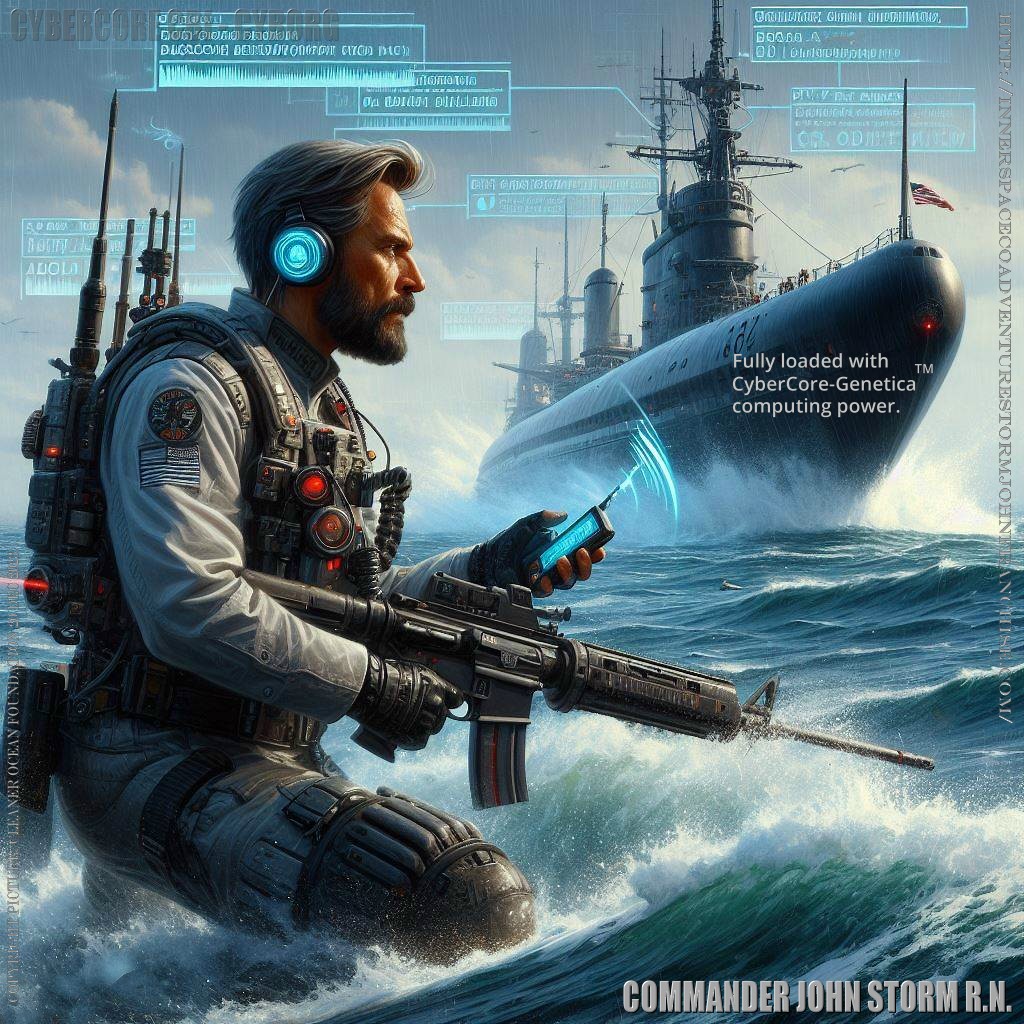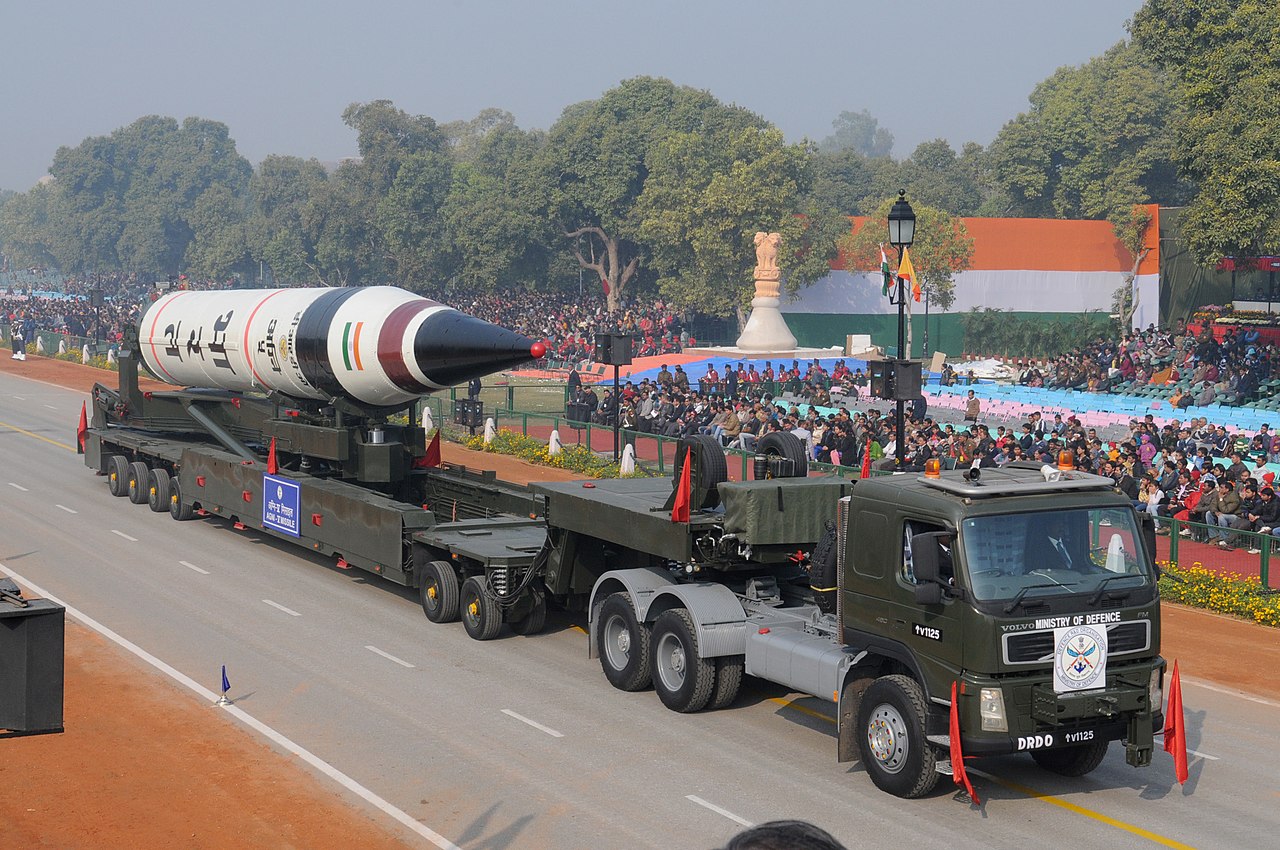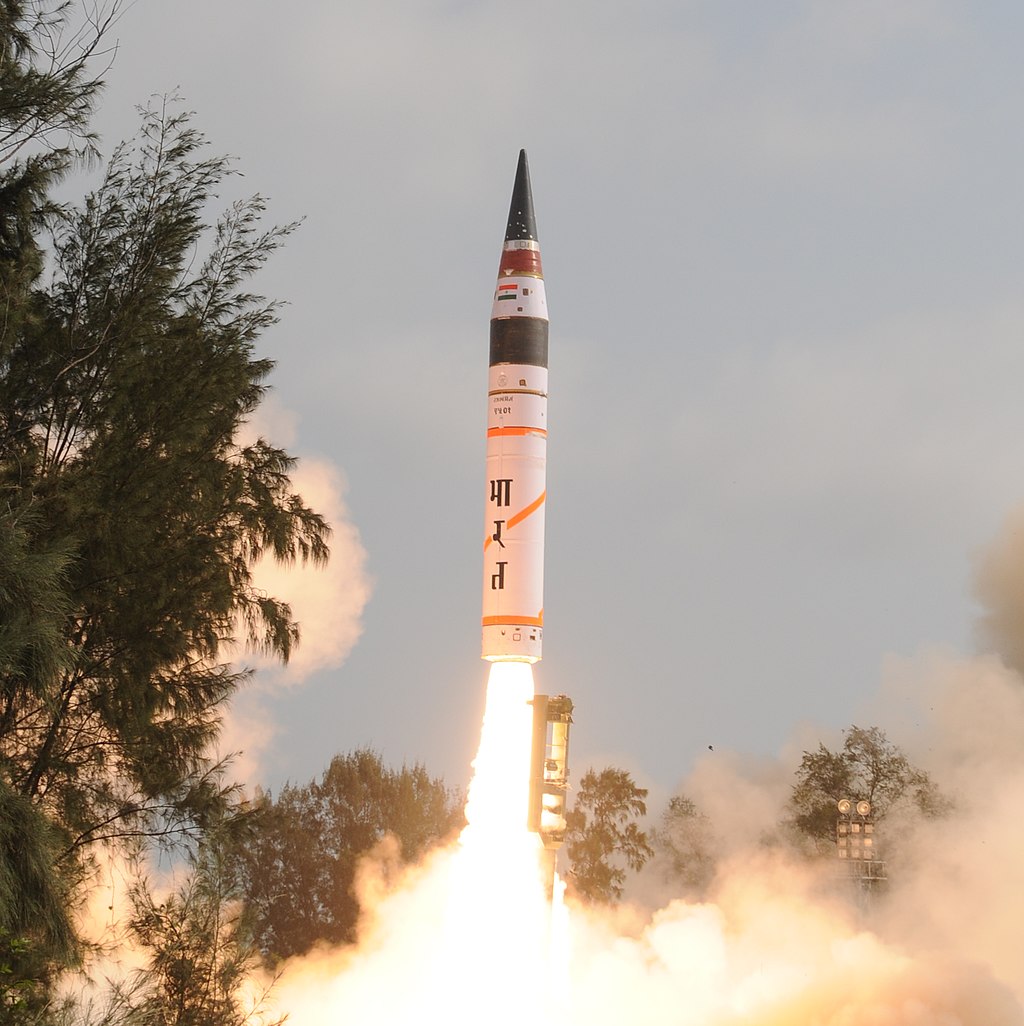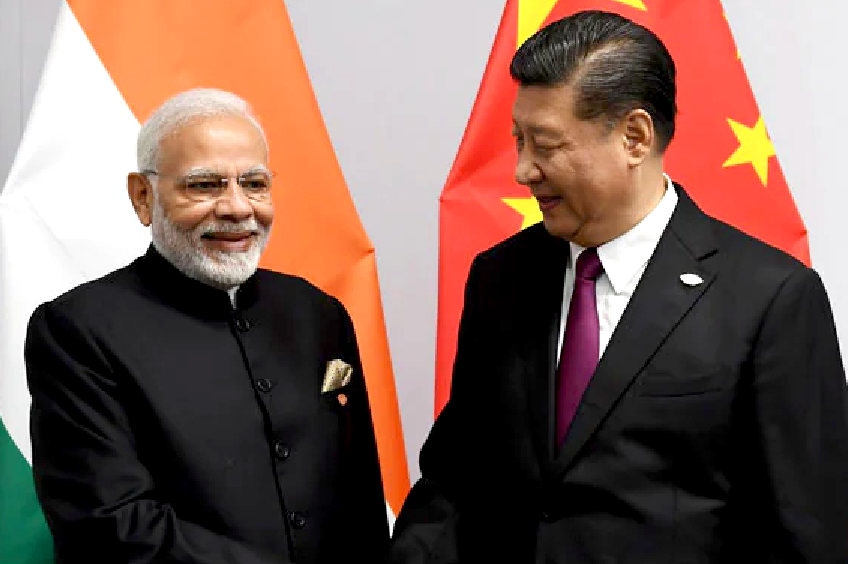|

Commander John
Storm just wants to be left alone to complete his DNA collection, and
explore the uncharted regions on planet
earth. But he always seems to be
in the wrong place at the wrong time.
The
Indian Prime Minister, Narendra
Modi, is taken hostage as part of the plan
of the extreme activists to destroy all life on planet
earth, to enable them to stage a Phoenix like comeback from the ashes,
and takeover from the leaders they see as weak.
Red
Dragon's plan, 'Operation Grand Slam: Phoenix,' will destroy all civilization,
history and heritage from thousands of years of human endeavor. But they
don't care about that. They just want to rule the world, and to rewrite
history they way they want to see it written. Their plan is write themselves
in as the saviors of the world.
Working
with other like minded cells, the extremists kidnap the Narendra Modi and
other world leaders with nuclear capability. Holding them hostage, until
their evil plan comes to fruition. After which their fate will be decided.
India possesses nuclear weapons and previously developed chemical weapons. Although India has not released any official statements about the size of its nuclear arsenal, recent estimates suggest that
India has 170 nuclear weapons and has produced enough weapons-grade
plutonium for up to 200
nuclear weapons. In 1999, India was estimated to have 800 kilograms (1,800 lb) of separated reactor-grade plutonium, with a total amount of 8,300 kilograms (18,300 lb) of civilian plutonium, enough for approximately 1,000 nuclear weapons. India has conducted nuclear weapons tests in a pair of series namely Pokhran I and Pokhran II.
India is a member of three multilateral export control regimes — the Missile Technology Control Regime, Wassenaar Arrangement and Australia Group. It has signed and ratified the Biological Weapons Convention and the Chemical Weapons Convention. India is also a subscribing state to the Hague Code of Conduct. India has signed neither the Comprehensive Nuclear-Test-Ban Treaty nor the Nuclear Non-Proliferation Treaty, considering both to be flawed and discriminatory. India previously possessed chemical weapons, but voluntarily destroyed its entire stockpile in 2009 — one of the seven countries to meet the OPCW extended deadline.
India maintains a "no first use" nuclear policy and has developed a nuclear triad capability as a part of its "Minimum Credible Deterrence" doctrine.

INDIA'S
NUCLEAR TRIAD
Air-launched nuclear weapons
Nuclear-armed fighter-bombers were India's first and only nuclear-capable strike force until 2003 when the country's first land-based nuclear ballistic missiles were fielded.
In addition to their ground-attack role, it is believed that the Dassault Mirage 2000s and SEPECAT Jaguars of the Indian Air Force are able to provide a secondary nuclear-strike role. The SEPECAT Jaguar was designed to be able to carry and deploy nuclear weapons and the Indian Air Force has identified the jet as being capable of delivering Indian nuclear weapons. The most likely delivery method would be the use of bombs that are free-falling and unguided.
Three airbases with four squadrons of Mirage 2000H (about 16 aircraft with 16 bombs from 1st and 7th squadrons of the 40th Wing at Maharajpur Air Force Station) and Jaguar IS/IB (about 32 aircraft with 32 bombs from one squadron each at Ambala Air Force Station and Gorakhpur Air Force Station) aircraft are believed to be assigned the nuclear strike role.
Land-based ballistic missiles
The estimated 68 nuclear warheads of land-based nuclear weapons of India are under the control of and deployed by the Strategic Forces Command, using a variety of vehicles and launching silos. They currently consist of six different types of ballistic missiles, the Agni-I, the Agni-II, Agni-III, Agni-IV, Agni-V, Agni-P , and the Army's variant of the Prithvi missile family – the Prithvi-I. However, the Prithvi missiles are less useful for delivering nuclear weapons because they have a shorter range and must be deployed very close to the India–Pakistan border. Additional variants of the Agni missile series have recently been inducted including the most recent, the Agni-IV and the Agni-V, which is currently being deployed. Agni-VI is also under development, with an estimated range of 10,000–12,000 km and features such as Multiple independently targetable reentry vehicles (MIRVs) or Maneuverable reentry vehicles (MARVs).
Sea-based ballistic missiles
The Indian Navy has developed two sea-based delivery systems for nuclear weapons, completing Indian ambitions for a nuclear triad, which may have been deployed in 2015.
The first is a submarine-launched system consisting of at least four 6,000-tonne (nuclear-powered) ballistic missile submarines of the Arihant class. The first vessel, INS Arihant, was commissioned in August 2016. She is the first nuclear-powered submarine to be built by India. A CIA report claimed that Russia provided technological aid to the naval nuclear propulsion program. The submarines will be armed with up to 12 Sagarika (K-15) missiles armed with nuclear warheads. Sagarika is a submarine-launched ballistic missile with a range of 700 km. This missile has a length of 8.5 meters, weighs seven tonnes and can carry a pay load of up to 50 kg. Sagarika has already been test-fired from an underwater pontoon, but now DRDO is planning a full-fledged test of the missile from a submarine and for this purpose may use the services of the Russian Navy. India's DRDO is also working on a submarine-launched ballistic missile version of the Agni-III missile, known as the Agni-III SL. According to Indian defence sources, the Agni-III SL will have a range of 3,500 kilometres (2,200 mi). The new missile will complement the older and less capable Sagarika submarine-launched ballistic missiles. However, the Arihant class ballistic missile submarines will be only capable of carrying a maximum of four Agni-III SL.
The second is a ship-launched system based around the short-range ship-launched Dhanush ballistic missile (a variant of the Prithvi missile). It has a range of around 300 km. In the year 2000, the short-range missile was test-fired from INS Subhadra (a Sukanya class patrol craft). INS Subhadra was modified for the test and the missile was launched from the reinforced helicopter deck. The results were considered partially successful. In 2004, the missile was again tested from INS Subhadra and this time the results were reported successful. In December 2005 the missile was tested again, but this time from the destroyer INS Rajput. The test was a success with the missile hitting the land based target.

NON PROLIFERATION
India is not a signatory to either the NPT or the Comprehensive Nuclear-Test-Ban Treaty (CTBT) but did accede to the Partial Nuclear Test Ban Treaty in October 1963. Journalist, conspiracy theorist, and holocaust denier Gregory Douglas claims CIA officer Robert Crowley told him in an interview in 1993 that India's pursuit of the programme disturbed the United States and that the CIA assassinated Prime Minister Shastri and Homi Bhabha in 1966. India is a member of the International Atomic Energy Agency (IAEA), and four of its 17 nuclear reactors are subject to IAEA safeguards. India announced its lack of intention to accede to the NPT as late as 1997 by voting against the paragraph of a General Assembly Resolution which urged all non-signatories of the treaty to accede to it at the earliest possible date. India voted against the UN General Assembly resolution endorsing the CTBT, which was adopted on 10 September 1996. India objected to the lack of provision for universal nuclear disarmament "within a time-bound framework." India also demanded that the treaty ban laboratory simulations. In addition, India opposed the provision in Article XIV of the CTBT that requires India's ratification for the treaty to enter into force, which India argued was a violation of its sovereign right to choose whether it would sign the treaty. In early February 1997, Foreign Minister I. K. Gujral reiterated India's opposition to the treaty, saying that "India favors any step aimed at destroying nuclear weapons, but considers that the treaty in its current form is not comprehensive and bans only certain types of tests."
In August 2008, the International Atomic Energy Agency (IAEA) approved a safeguards agreement with India under which the former will gradually gain access to India's civilian nuclear reactors. In September 2008, the Nuclear Suppliers Group granted India a waiver to access civilian nuclear technology and fuel from other countries. The implementation of this waiver makes India the only known country with nuclear weapons which is not a party to the NPT but is still allowed to carry out nuclear commerce with the rest of the world.
Since the implementation of the NSG waiver, India has signed nuclear deals with several countries including France, United States, Mongolia, Namibia, Kazakhstan and Australia while the framework for similar deals with Canada and the United Kingdom are also being prepared.

Relations between India and China have been worsening. The two world powers are facing off against each other along their disputed border in the Himalayan region.
The root cause is an ill-defined, 3,440km (2,100-mile)-long disputed border.
Rivers, lakes and snowcaps along the frontier mean the line can shift, bringing soldiers face to face at many points, sparking a confrontation.
The two nations are also competing to build infrastructure along the border, which is also known as the Line of Actual Control. India's construction of a new road to a high-altitude air base is seen as one of the main triggers for a deadly 2020 clash with Chinese troops.
Despite military-level talks, tensions continue. In December 2022 troops clashed for the first time in more than a year.
It happened near the Tawang sector of Arunachal Pradesh state, the eastern tip of India. Some soldiers suffered minor injuries.
De-escalation work has taken place since a major clash in June 2020. The Galwan Valley battle - fought with sticks and clubs, not guns - was the first fatal confrontation between the two sides since 1975.
At least 20 Indian and four Chinese soldiers died. Another face-off in January 2021 left troops on both sides injured. It took place near India's Sikkim state, between Bhutan and Nepal.
WHAT'S THE BIGGER PICTURE ?
The two countries have fought only one war, in 1962, when India suffered a humiliating defeat.
But simmering tensions involve the risk of escalation - and that can be devastating given both sides are established nuclear powers. There would also be economic fallout as China is one of India's biggest trading partners.
The military stand-off is mirrored by growing political tension, which has strained ties between Indian Prime Minister Narendra Modi and Chinese President Xi Jinping.
CYBER WW3III
CAST:
|
Cleopatra
Philopator VII Reborn
|
Trish
Lippard is Cleopatra's
call sign to protect her royal identity
|
|
CyberCore
Genetica™
|
The
world's smallest, fastest & most powerful supercomputer
|
|
Daniel
(Dan) Hawk
|
Electronics
& computers, champion
gamer, member
Elizabeth Swann crew
|
|
Dr
Roberta Treadstone
|
Blue
Shield, Newcastle University, England
|
|
Elizabeth
Swann HMHS
British Royal Navy
|
World's
fastest
solar/hydrogen ship & floating laboratory
|
|
Excalibur,
Pendragon & Merlin
|
Anti
piracy weapon & ship security system
|
|
George
Franks
|
Legal
and intelligence trust manager, Swindles
& Gentry
|
|
HAL
AI™
|
The
onboard AI
supercomputer ship manager
|
|
Jack
Mason
|
CIA
secret agent who covets the CyberCore Genetica & John's strength
|
|
Jens
Stoltenberg
|
Secretary
General of NATO (North
Atlantic Treaty Organization)
|
|
Jill
Bird
|
Senior
BBC news
correspondent & world service anchor
|
|
John
Storm
|
Ocean
adventurer, marine
archaeologist, Commander
RN & temp spy
|
|
King
Charles III
|
British
Monarch in waiting: King William, Prince of Wales
|
|
King
William V
|
British
royal rushed into hiding with Queen Catherine
|
|
Mark
Rutte
|
Secretary
General of NATO (North
Atlantic Treaty Organization) from 2024
|
|
Nautilus
|
Elizabeth
Swann's onboard survey ROV
|
|
Professor
Douglas Storm
|
John
Storm's uncle, designer
of Elizabeth Swann
|
|
Professor
Jacques Pierre Daccord
|
UNESCO sunken
realms division, conservationist
|
|
Queen
Catherine
|
Royal
consort to King William V - Charlotte, George & Louis
|
|
Richard
Leon (Lionheart) Engelheart
|
Lieutenant,
a brave
submariner HMS Neptune
|
|
SSN
Neptune
|
Stricken
Astute nuclear sub with Spearfish torpedoes
|
|
Steve
Green
|
Freelance
reporter, friend of Charley Temple
|
|
Suki
Hall
|
A
marine biologist, admirer of John's work
|
|
Tom
Hudson
|
Sky
News Editor, always looking for an exclusive
|
|
William
Liam Wallace
|
Scottish
director BAE Systems, MOD contractor, whistleblower
|
|
CHARACTERS:
ANTAGONISTS
|
DESCRIPTION
|
|
|
|
|
Ali Khamenei
|
Iranian Grand Ayatollah
|
|
Asif
Ali Zardari
|
Prime
Minister of Pakistan
|
|
Chuck
Kowalski
|
Midnight
Sun - military
Triad Cell lead (Americas)
|
|
Donald
Trump
|
Former
45th
President of the United States of America
|
|
Donald
Trump
|
47th
President of the United States of America; global trade
sanctions
|
|
Emmanuel Macron
|
French
President
|
|
Friedrich
Merz
|
German
Chancellor CDU Christian Democratic Union
|
|
General
Reza Shar
|
Red
Dragon triad mastermind, of Operation Grand Slam
|
|
George
W Bush
|
43rd
US President, war on terror, invaded
Iraq on fabricated reports
|
|
Giovanni
Romano
|
Golden
Cage - military
Triad Cell lead (Europe)
|
|
Golden
Cage (Giovanni Romano)
|
Military
Triad Cell covering Europe, French, German & UK targets
|
|
Joe Biden
|
President
USA (46th)
|
|
Harry
(Dirty) Hallem Holland
|
Chief
Constable - Scotland Yard (Metropolitan Police)
|
|
Kamala
Harris
|
47th
President of the United States, Democrat candidate
|
|
Katya
Volkov
|
Russian
intelligence FSB double agent, would be defector
|
|
Keir Starmer
|
British
Prime Minister
|
|
Kim Jong Un
|
Supreme leader North Korea
|
|
Marine
Le Pen
|
French
Prime Minister
|
|
Midnight
Sun (Chuck Kowalski)
|
Military
Triad Cell covering American and Canadian targets
|
|
Narendra Modi
|
Prime
Minister of India
|
|
Nadia Petrova
|
Former
KGB agent helping Katya and John anonymously
|
|
Nick
(The Devil) Johnson MP
|
Corrupt
UK
Minister for Defence, oil investor
|
|
Olaf Scholz
|
German
Chancellor
|
|
Red
Dragon (Reza Shah)
|
Military
Triad Cell covering Africa, Asia, Iran, Russia & N Korean
CRINKs
|
|
Saddam
Hussein
|
Iraqi
proponent of a united Arabia, executed for HR
crimes & cheap oil
|
|
Sir
Rodney Vernon Dunbar
|
MI6
military intelligence (General)
oil investor
|
|
Tim
Waltz (Top
Gun)
|
Governor
of Minnesota,
(Top
Gun) running mate with Kamala Harris
|
|
Tony Blair
|
Former
British PM, invaded Iraq on false intelligence
|
|
Vladimir Putin
|
Russian
President
|
|
Volodymyr
Zelenskyy
|
Ukrainian
President, tough fighter, adaptable drone warfare king
|
|
Xi Jinping
|
President
People's Republic of China
|
|


